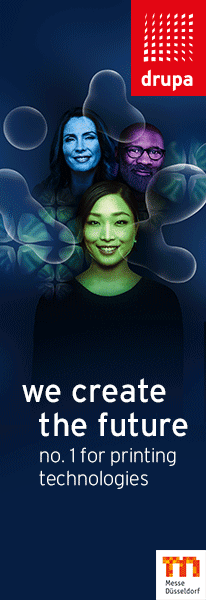The Confederation of Paper Industries (CPI) Corrugated Sector is urging the waste industry and local authorities to do more to achieve greater collection consistency to help reverse the rise in recycling rejection rates, due to cross contamination. CPI believes that the increasing use of co-mingled collections has contributed to the increase in household waste in England that had been rejected from materials recycling facilities – 338,000 tonnes in 2014/15 compared to 184,000 tonnes in 2011/12 – according to a recent BBC report following a Freedom of Information request.
The corrugated industry is proud of its recycling heritage – every year, over 80 per cent of the material is recycled, which if laid flat would cover an area the size of Greater London three times over – but if corrugated, a valuable and reusable material, is contaminated through councils’ collection process it can end up being treated as waste and lost to the industry. There are those in waste management that insist co-mingling can be justified providing there is a sorting mechanism in place, however CPI considers source separation as the most effective process to maintain material quality.
Director of Packaging Affairs, Andy Barnetson, says that the rising reject rates partially reflects a ‘growing impatience’ among paper mills about the quality of the material they are receiving and then having to shoulder the cost burden of contamination. He said, “The vast majority of the material recovered from the back of retailers’ stores is corrugated and that’s pretty clean. The core area of concern for us is post domestic where there’s been a lack of clarity and consistency over methodology for household collection which has led to a decline in quality. Increasing energy, water, sorting and waste disposal costs have focused re-processors on the impact of poor quality recycled corrugated. The corrugated industry favours separation at source, but a clear and consistent approach to collection, such as that being advocated by WRAP, would provide clarity and simplicity for councils and the public.”
He added, “While the declining quality of secondary fibre for recycling post domestic is impacting on the corrugated industry, there are encouraging signs of initiatives to rationalise collection systems technologies throughout the country, such as the WRAP Consistency Programme, which suggests that the direction of travel may be changing.”
From a domestic perspective, awareness of the benefits of recycling is generally on the increase, but around 50 per cent of English authorities employ a co-mingle system when councils should be encouraging more households to separate corrugated from other recyclables, particularly glass and plastic. Rising quality issues and flat-lining recycling rates pose big challenges. Even though CPI argues that the advent of co-mingled collections effectively cross-contaminates everything, the corrugated industry’s resolve to continue to reduce its impact on the planet and further boost recycling is unwavering.



